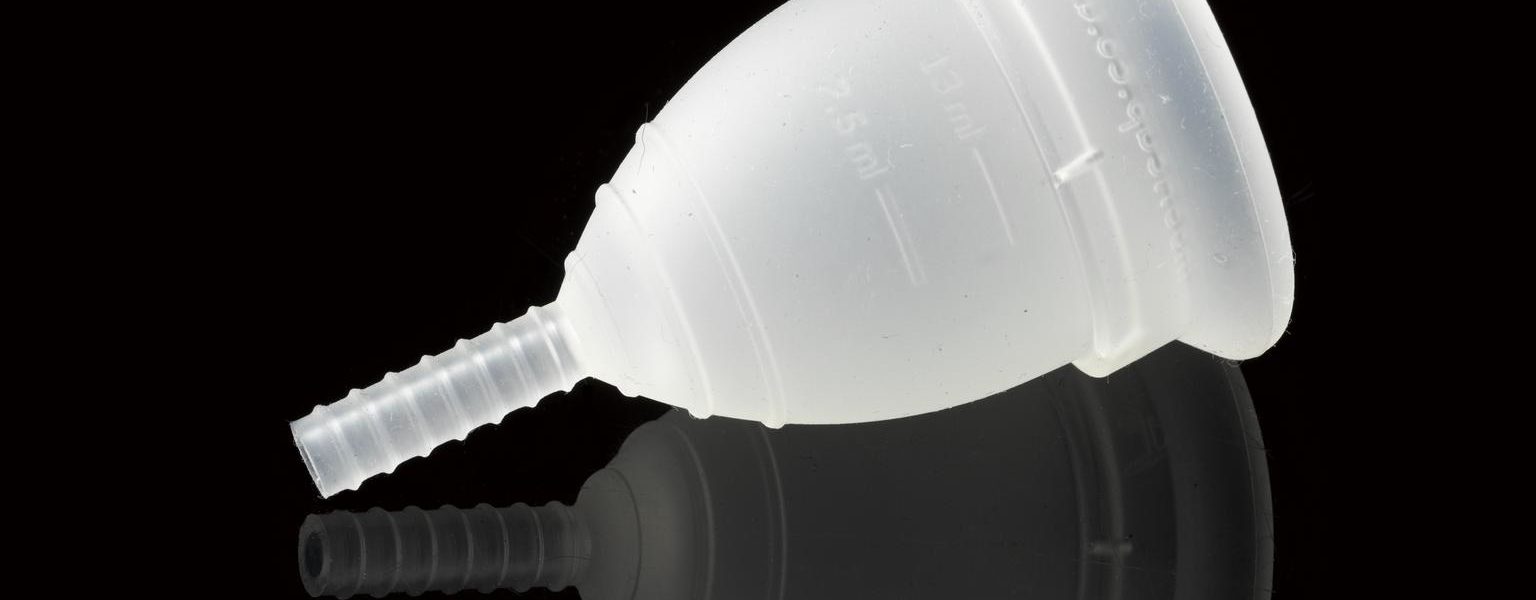People have used reusable period products throughout history.
However it is only in the past one hundred years or so that disposable products have become more commonplace in the west compared to washable options like cloth.
In the early twentieth century, nurses started using absorbent bandages left over from World War One, starting a trend of using disposable products.
Companies were quick to profit off these products, equating ‘modern women’ with these single use products and locking people into monthly purchases that last for decades.

Fast forward to today, the UK creates around 200,000 tonnes of menstrual waste a year.
In 2019 we sought to collect a more representative sample of period products available in the UK through our Menstruation Collecting Project.
There was a noticeable increase in sustainable options compared to single use products collected back in the 1980s.
The public’s growing awareness of climate change and the call for more sustainable, multiple-use options has encouraged new products to enter the market.
The reusable and environmentally friendly items that can help make periods a bit easier to manage which are now in the collection fall into three groups: menstrual cups, organic cotton products and washable period pants and pads.

Over the past few years, cups have become synonymous with sustainable period products as they can be reused over and over again for up to ten years.
Made from medical grade silicone, they can be sterilised using a pan of boiling water and can help stop up to 11,400 products per person going to landfill.

However, to effectively clean your reusable option, you need access to hot running water, something that is not always possible. A certain level of privilege needs to be accepted when we discuss ‘everyday’ sustainable products.

Unlike disposable products which can be thrown in the bin immediately after use, reusable period pants and pads need to be washed before they can be used again.
While this is as easy as rinsing them through in the sink and chucking them in the washing machine, they require the user to get up close and personal with the blood they produce.
For decades, we have been conditioned to think that periods are gross.
Advertisers use a mysterious blue liquid to simulate discharge on TV, teenagers are mocked for carrying tampons to the toilets during class and menstrual taboos are prevalent in almost every culture around the world.
The disposable nature of many single use products allows people to hide their periods to a certain extent and the move towards reusable pads and pants that need cleaning can be quite uncomfortable for some people.

A lot of period products on the market contain plastic in the packaging and applicators, but manmade materials are also present in the actual tampon itself.
These can take up to 500 years to biodegrade in landfill, so all of the disposable plastic menstrual products sent to landfill still exist!
The organic cotton used in tampons and pads does not contain pesticides and also uses less water to grow than regular cotton.
No matter what your tampon is made from, it is incredibly important that you do not flush it down the toilet.
Tampons that are flushed can end up in the oceans and washed up on beaches, negatively impacting aquatic life.
While menstrual blood is often treated as medical waste that needs to be dealt with, it is an incredibly normal bodily function and nothing to be ashamed of.
